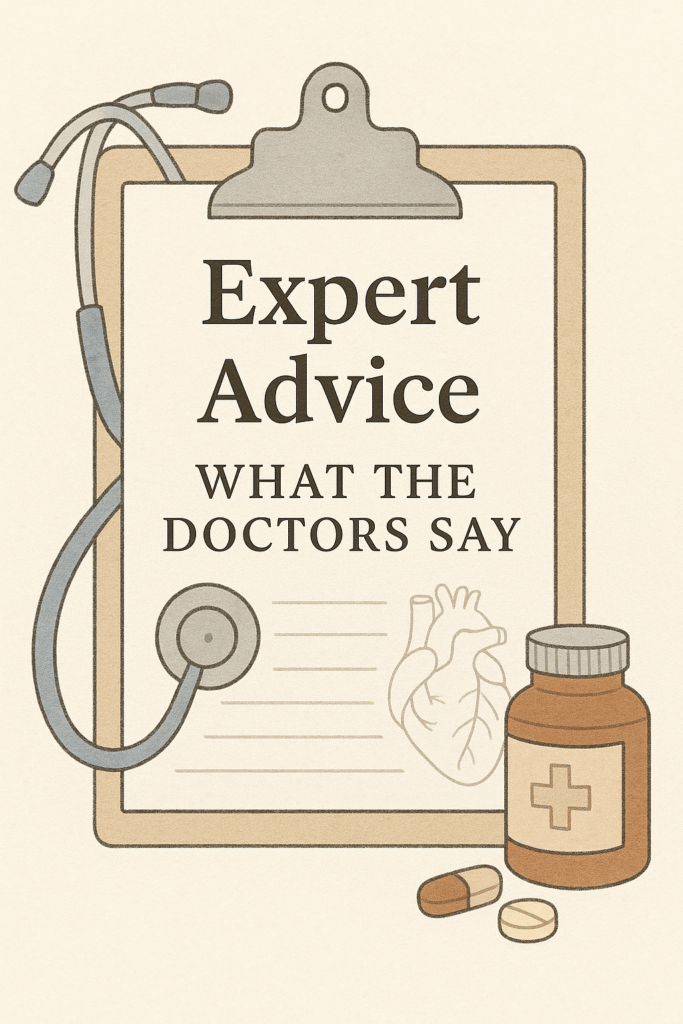What to Expect When You Start the Carnivore Diet: Side Effects and How to Deal With Them
No one tells you that carnivore diet side effects can hit hard when you’re just getting started. In fact, it can feel worse before it feels better.
When I first transitioned to a meat-based way of eating, I expected instant energy. However, what I got were brain fog, leg cramps, and a body that felt like it was protesting the whole thing.
If you’re considering carnivore (or in the thick of the first few weeks), then this guide is for you. I’ll walk you through the most common side effects—what causes them, what the experts say, how long they typically last, and what helped me personally.

Are Side Effects Normal on Carnivore?
Yes. Totally normal. In fact, most people experience temporary carnivore diet side effects as their body adjusts to a radically different fuel source. You’re switching from glucose-burning to fat-burning, and your digestive system and hormones need time to recalibrate.
📊 According to a survey of over 2,000 carnivore eaters by Revero (formerly MeatRx), 72% of respondents reported experiencing some type of adaptation side effect within their first 3 weeks on the diet.¹
In addition, Dr. Anthony Chaffee calls this the “adaptation phase,” during which your body purges oxalates, balances electrolytes, and recalibrates digestive enzymes.²
In the meantime, if you’re not sure what to eat while your body adjusts
Try a sample of my go-to meals →
Common Carnivore Diet Side Effects (and What Causes Them)
Loose Stools or Diarrhea
- Cause: Your body is adjusting to a lack of fiber and an increase in fat intake.
- Expert Insight: Dr. Shawn Baker notes this is often temporary as bile production and gut bacteria adapt.
- What Helped: I reduced rendered fats (like liquid tallow), added bone broth, and let it pass—literally and figuratively.
Leg Cramps
- Cause: Electrolyte imbalance—especially low sodium, magnesium, or potassium.
- Expert Insight: Dr. Ken Berry recommends salting your food liberally and considering a magnesium supplement during adaptation.
- What Helped: Electrolyte drops in my water and plenty of salt on my meals. Within a few days, the cramps vanished.
Fatigue or Low Energy
- Cause: Transitioning from carbs to fat for fuel can cause temporary energy drops.
- Expert Insight: Dr. Anthony Chaffee explains that it takes time for mitochondria to shift into full fat-burning mode.
- What Helped: I stayed hydrated, ate more fatty cuts (like ribeye), and gave myself permission to rest. As a result, my energy returned stronger than ever.
Brain Fog or Irritability
- Cause: Carb withdrawal and fluctuating blood sugar levels.
- Expert Insight: Dr. Ken Berry describes this as “keto flu’s moody cousin”—temporary and easily solved with hydration and electrolytes.
- What Helped: I ate when hungry (not watching the clock), and made sure I wasn’t skimping on fat. Consequently, my mood and focus began to stabilize.
Nausea or Digestive Discomfort
- Cause: Your body adjusting to high fat and protein intake—especially if coming from a low-fat diet.
- Expert Insight: Dr. Jason Fung notes that stomach acid levels often rise with more meat intake, which can cause short-term discomfort but long-term benefit.
- What Helped: I simplified meals, avoided dairy for a week, and focused on small portions of fattier cuts like ground beef.
How Long Do Carnivore Side Effects Last – And What Can You Expect Along the Way?
For most people, adaptation symptoms subside within 2–4 weeks.
- Week 1: Most intense symptoms—cramps, loose stool, low energy.
- Week 2: Body begins recalibrating—less bloating, improved digestion.
- Week 3–4: Energy stabilizes, mental clarity improves, and side effects fade. By this time, most people feel noticeably better.
Everyone is different. While some feel amazing by Day 3, others take longer. The key is consistency and understanding what your body is doing behind the scenes.

Expert Advice: What the Doctors Say
- Dr. Shawn Baker: “Meat is the most easily digestible, complete, and nutrient-rich food on the planet. If you’re having issues, give it time. Your body is healing.”
- Dr. Ken Berry: “These symptoms are not signs that carnivore is bad—they’re signs that your body is breaking its dependence on junk fuel.”
- Dr. Jason Fung: “Fasting, like carnivore, triggers repair mechanisms in the body. Temporary discomfort often precedes major healing.”
My Tips for Making It Through
- Drink electrolytes daily (or make your own with salt, potassium, and magnesium)
- Eat enough fat—don’t fear it!
- Rest when you’re tired—adaptation takes energy
- Stick with simple foods like ground beef, steak, eggs, and broth at the start
Closing Thoughts
If you’re struggling through the beginning of carnivore and experiencing carnivore diet side effects, I promise it gets better. Stick with it, trust your body, and reach out if you want support. This lifestyle changed everything for me—and it might do the same for you.

💡 Ready to Try Carnivore Without the Guesswork?
If you’re ready to start eating the foods your body is actually asking for — but you’re overwhelmed by all the noise — I’ve got you covered.
Chef Bruno (my personal recipe tool) will help you build simple, delicious carnivore meals without counting macros or getting bored.
References
- Revero Carnivore Community Survey. https://revero.com
- Chaffee, Dr. Anthony. “The Human Diet: Podcast #21.” 2023
- Berry, Dr. Ken. “Proper Human Diet.” https://drberry.com
- Fung, Dr. Jason. “The Complete Guide to Fasting.” 2016
About the Author
Hi, I’m Bonnie — just someone who got tired of feeling confused, tired, and stuck. The carnivore diet helped me find clarity, strength, and real satisfaction again. I built this site to share what actually worked (and what didn’t), so you don’t have to figure it all out alone.

